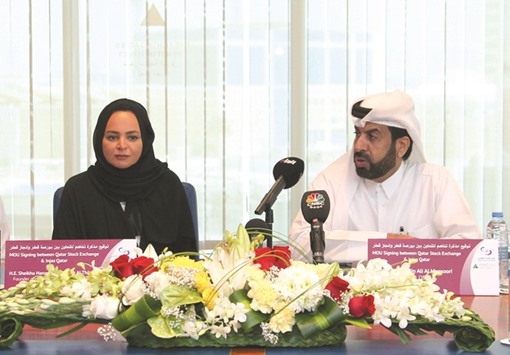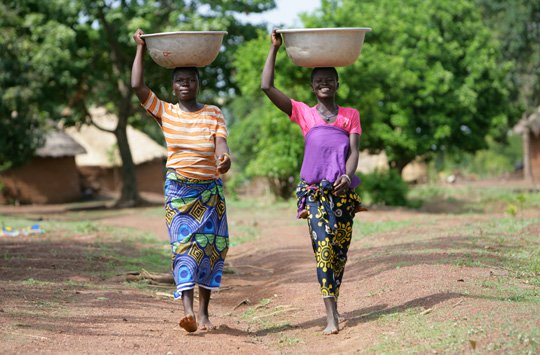15 de de marzo de el año 2016 / HDRO Research Team
Resumen: El siguiente texto presenta un análisis del Informe sobre Desarrollo Humano de 2015 en el que se pone de manifiesto una contradicción sobre el trabajo de cuidador /cuidadora, esencial para el avance de las capacidades humanas, sin embargo, tiende a ser remunerado, a menudo infravalorado, sobre todo el trabajo de cuidado realizado por las mujeres.
The Human Development Report, 2015 highlights a contradiction: it is care work mostly undertaken by women – that makes possible much of the paid work that drives the market economy. Care work is also essential for advancing human capabilities yet, because it tends to be unpaid, it is undervalued and often taken for granted.
Estimating the market value of care work can highlight the critical contribution care workers make, and help ensure policies recognise this, as illustrated through the background research of Prof. Nancy Folbre at the University of Massachusetts Amherst (1).
Attempts to do so have occurred sporadically. For example, recognizing a housewife’s “round-the-clock” work in the household, The Supreme Court of India, recently trebled the compensation owed to the family of Mrs. Jayavantiben Trivedi roughly 25 years after she died in a road accident. A lower court had awarded Rs. 224000 (about USD 3,300) to the family, following the vehicle insurer’s argument that as a homemaker, Jayvantiben would not have earned much in her lifetime. The family’s lawyers successfully argued that the value of her work in the family should be recognised, and the Supreme Court agreed and raised the compensation to Rs. 647000 (about USD 9,500) (2).
Putting a monetary value on someone’s life is almost impossible of course. Yet, the case serves to remind us that the unpaid care work, such as meal preparation, housecleaning, laundry, the care of children and the elderly, clearly contributes to economic living standards, social well-being, and the development of human capabilities. At the same time it enables individuals to engage in paid work. Yet while paid work is assigned a monetary value and features in the national accounts, care work remains largely unmeasured and consequently invisible in economic policy discussions.
Things are changing. Due at least partly to UN resolutions insisting on improving the visibility of women’s unpaid work, many countries now administer time-use surveys asking individuals to recall their activities during the previous day. In the first decade of this century, more than 87 such surveys were conducted, more than during the entire 20th Century. Estimates of the hours worked in providing various household services provide a basis for valuing unpaid work: essentially economists can calculate how much it would cost to purchase an equivalent amount of similar work if you had to employ a cook or a nanny, for instance. This is valuation by a ‘replacement wage’. Although other approaches are possible, this is the most widely applied. It is important to note, however, that the value of unpaid work contributions cannot always – or fully – be captured in market terms. However, estimates of its monetary value, like efforts to estimate the value of environmental assets and services, can provide important insights.
Unpaid household work that leads to the production of goods (such as food for own consumption, or collection of firewood or water necessary for the household) is considered part of “production” by the System of National Accounts, and most estimates of Gross Domestic Product include approximations of the value of this work. However, the unpaid time people devote to the care of family, friends and neighbours are explicitly excluded. Although not all forms of care work are captured by time-use surveys, they do provide a useful tool for providing better estimates of hours devoted to these undervalued forms of work.
Valuation efforts, have gradually been gaining ground in national income accounting and are illuminating. Estimates differ among countries that are attempting to measure the value of unpaid care work, from 20 percent to 60 percent of GDP (3). In India unpaid care is estimated at 39 percent of GDP, in South Africa 15 percent (4). Among Latin American countries, the value for Guatemala is estimated at between 26 percent and 34 percent of official GDP, and 32 percent for El Salvador (5).
In 2008, the Organization for Economic Cooperation and Development published estimates of household production in 27 countries and highlighted that the value of household production as a share of GDP varies considerably. It is above 35% in several countries generally considered affluent—Australia, New Zealand and Japan and below 20% in Mexico and Korea (6).
Paying attention to these valuations can affect policy making. For example, in developing countries women spend a significant amount of time tending to basic family needs, and access to clean water and modern energy services would greatly improve their productivity. However, estimates of the return on public investments typically do not take the value of such non-market work into account. Doing so could change the way resources are allocated and projects prioritised for implementation.
This blog entry was drawn from the 2015 Human Development Report “Work for Human Development” think piece written by Nancy Folbre entitled Valuing Non-market Work
The HDialogue blog is a platform for debate and discussion. Posts reflect the views of respective authors in their individual capacities and not the views of UNDP/HDRO.
HDRO encourages reflections on the HDialogue contributions. The office posts comments that supports a constructive dialogue on policy options for advancing human development and are formulated respectful of other, potentially differing views. The office reserves the right to contain contributions that appear divisive.
Photo credit: UNDP Benin
References
(1) Folbre N. 2015. Valuing Non Market Work. Background think piece for Human Development Report 2015. UNDP
(2) Woman’s Worth. The Telegraph February 25th 2015
(3) Antonopoulos R. 2009. The Unpaid Care Work-Paid Work Connection. Working paper 86. ILO
(4) Budlender D. 2010. What Do Time Use Studies Tell Us About Unpaid Care Work? In Time Use Studies and Unpaid Care Work. UNRISD
(5) Durán, M. A., and V. Milosavlejevic. 2012. Unpaid Work, Time Use Surveys, and Care Demand Forecasting in Latin America. Working Paper 7. Fundacion BBA
(6) Ahmad, N., and S. H. Koh. 2011. Incorporating Estimates of Household Production of Non-Market Services into International Comparisons of Material Well-Being. OECD Statistics Directorate Working Paper No. 42
Fuente de la noticia: http://hdr.undp.org/en/content/valuing-care-work&prev=search









 Users Today : 60
Users Today : 60 Total Users : 35460077
Total Users : 35460077 Views Today : 78
Views Today : 78 Total views : 3418709
Total views : 3418709